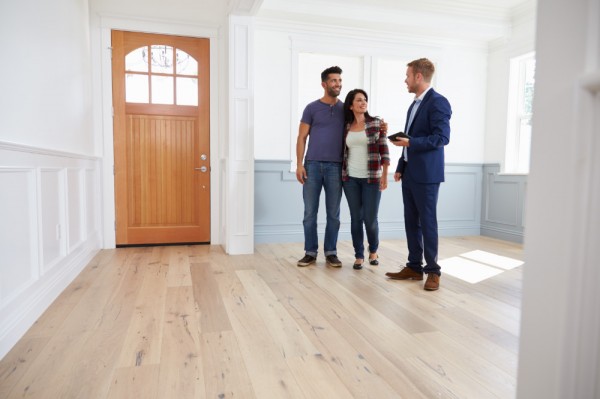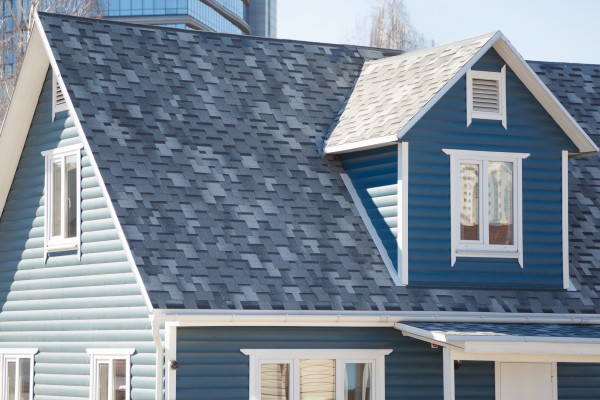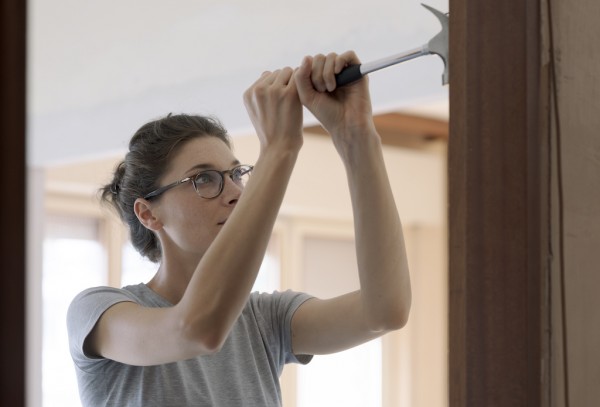
UPSIZING YOUR HOME
Unfortunately, our homes don’t always grow with us. What may have initially worked fine for a single person, a young couple’s starter home, or a family with a newborn can quickly become too small as families expand and multiple generations live under one roof. Remodeling and adding to your home is one option for creating more space, but it can be costly, and the size of your property may be prohibitive. That’s when moving to a bigger home becomes the best solution. WHERE DO YOU NEED MORE SPACE? The first thought when upsizing your home is to simply consider square footage, bedrooms, and bathrooms. But it’s important to take a more critical approach to how your space will actually be used. If you have younger children (or possibly more on the way), then focusing on bedrooms and bathrooms makes sense. But if your children are closer to heading off to college or starting their own families, it may be better to prioritize group spaces like the kitchen, dining room, living room, and outdoor space—it’ll pay off during the holidays or summer vacations, when everyone is coming to visit for big gatherings. MOVING OUTWARD If you need more space, but don’t necessarily want a more expensive home, you can probably get a lot more house for your money if you move a little further from a city center. While the walkability and short commutes of a dense neighborhood or condo are hard to leave beyond, your lifestyle—and preferences for hosting Thanksgiving, barbecues, and birthdays—might mean that a spacious home in the suburbs makes the most sense. It’s your best option for upsizing while avoiding a heftier price tag.

HIDDEN FEES TO BE AWARE OF WHEN PURCHASING A HOME
Purchasing a home is arguably one of the biggest financial decisions you will make in your lifetime. As you start your hunt, don't forget there will be other costs associated with your purchase then the price of the home. Here are 5 fees to keep in mind as you begin to budget. Home inspection. This is a crucial step in the home buying process. The findings that come from the inspection can help you negotiate price and repairs. Generally, you can expect to pay between $300 to $500 depending on the home and the location. Title services. Title services encompass the transfer of the title from the seller and a thorough search of the property’s records to ensure to no one will pop up with a claim to the property. Additionally, you may need to buy title insurance which will protect the lender or your investment in the home. Appraisal fee. Before getting a loan, you will likely be required to get an appraisal of the home to determine its estimated value. This will be conducted by a third-party company and the cost can land anywhere between $300 and $1,000, depending on the size of the home. HOA fees. Many communities have a homeowners’ association that enforces monthly fees. This money is used for general maintenance and updates to areas like pools, parks, and more. Typical HOA fees are around $200 per month. Taxes. The taxes each buyer pays at the closing table differ, but it is not uncommon for it to be up to two months’ worth of county and city property taxes. Additionally, there may be taxes for the transfer of the home title.

THE DIFFERENCE BETWEEN A HOME WARRANTY AND HOME INSURANCE
When purchasing a new home, it’s important to do in-depth research on all facets of the homebuying process. One thing you’ll need to understand is how to best protect yourself and your investment if anything were to go wrong. Check out the information on home insurance versus home warranty below to educate yourself on your options. Home Insurance Homeowners insurance pays for any accidental damages and loss that are caused by fire, lightning strikes, windstorms, and hail, however, damage from earthquakes and floods is typically not covered. It also covers the replacement of personal property in case of theft or damage and liability if a person were to get injured in your home or on your property. According to American Home Shield, the average annual cost of a homeowner's insurance policy ranges between $300 and $1,000, and the bank usually asks you to obtain a policy before the mortgage is issued. Make sure to keep in mind that each type of coverage in the policy is subject to a limit and, in most cases, you will have to pay a deductible. Home Warranty A home warranty is designed to cover the cost of repairs and replacements of larger appliances and crucial systems in your home that may fail or break due to age and wear and tear. This includes but isn’t limited to HVAC, electrical, or plumbing components, kitchen appliances, and your washer and dryer. With a home warranty, you are required to pay premiums year-round, even if you do not use it, and it won’t cover damages if appliances were not maintained properly or if the damage is from a fire or other disaster.
Categories
Recent Posts










